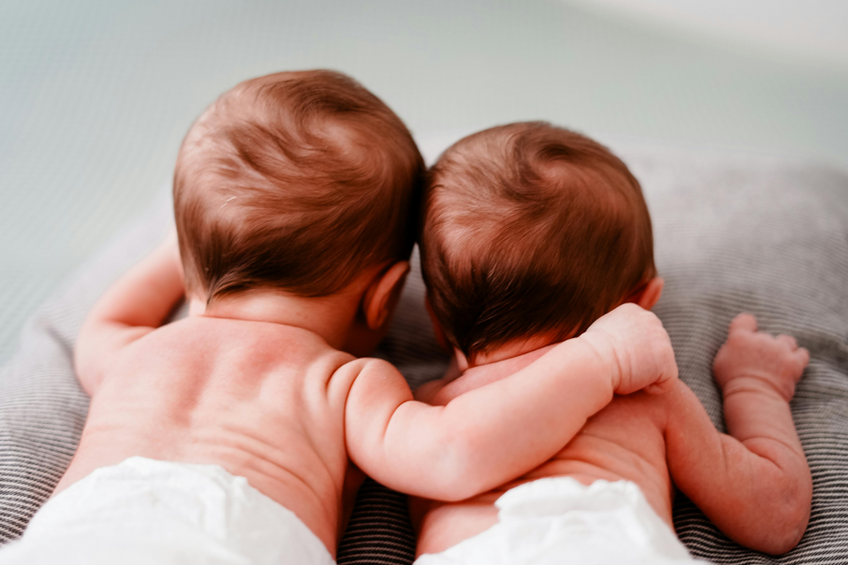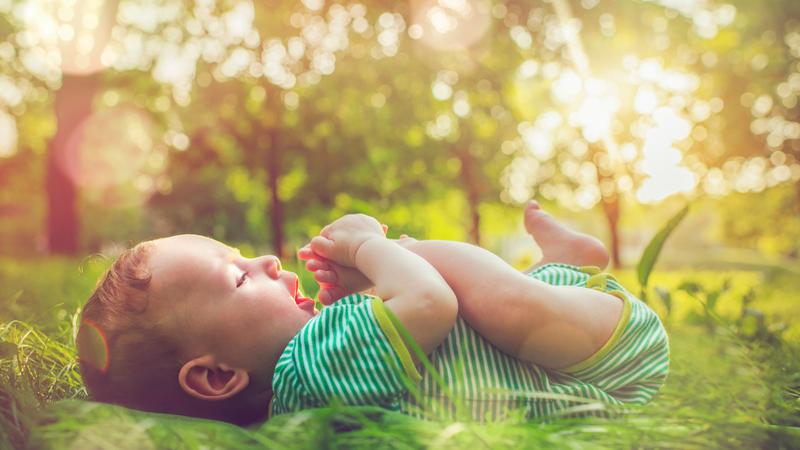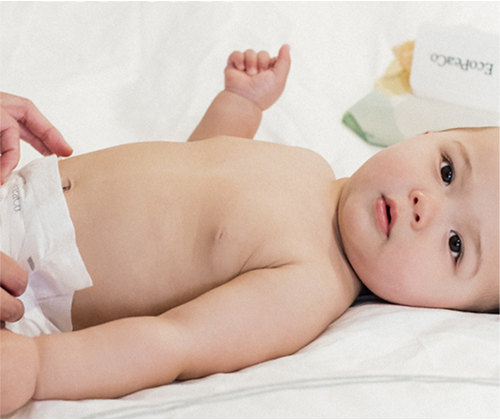Parents, we’ve all been there– in the baby aisle, your cart already filled with soft onesies and baby gear, and then you reach the diaper section and pause. The shelves are lined with endless choices, from traditional disposables to eco-friendly options. You want what’s best for your little one, but navigating the world of baby products can feel overwhelming.
In this guide, we’ll break down everything you need to know about sustainable baby products—from diapers and clothing to toys and even DIY options. These choices don’t just help reduce your environmental footprint—they can also be gentler on your baby’s skin and more cost-effective in the long run. Read on to explore how you can create a more eco-conscious world for your family, one baby product at a time!
Why choose eco-friendly baby products?
- Better for your baby’s sensitive skin (free of harsh chemicals and toxins)
- Helps reduce waste (biodegradable, reusable products)
- Supports environmentally conscious businesses
What types of products are considered eco-friendly?
- Diapers made from bamboo or organic cotton
- Plant-based baby wipes
- Natural baby skin care products (free of synthetic fragrances)
- Organic clothing, bedding, and toys
Top Sustainable Baby Products You Need
There are many fantastic products out there that prioritize sustainability without sacrificing quality. Here are some of the top sustainable baby products every eco-conscious parent should know about:
- Bamboo Diapers:
- Biodegradable and free from harmful chemicals
- Hypoallergenic and breathable—perfect for sensitive skin
- Quick breakdown in compost (compared to regular disposables)
- Reusable Baby Wipes:
- Made from organic cotton or bamboo fibers
- Can be washed and reused—reduces waste
- Gentle on the skin and free from chemicals found in disposable wipes
- Sustainable Baby Clothing:
- Organic cotton, bamboo, or hemp fabrics
- Free from pesticides, synthetic dyes, and chemicals
- Gender-neutral designs encourage reuse
- Eco-Friendly Toys:
- Made from sustainable wood or recycled materials
- Non-toxic, plant-based paints and dyes
- Durable and safe for babies to chew on
Sustainable Baby Clothing: What to Look For
Choosing sustainable baby clothing isn’t just about comfort—it's about making sure your baby is wearing materials that are both safe for them and kind to the planet. Sustainable baby clothing is becoming more accessible and stylish, offering parents the best of both worlds. Here’s what to look for when choosing sustainable clothing for your little one:
- Material:
- Organic cotton: Grown without harmful pesticides, softer, and more durable
- Bamboo: Naturally hypoallergenic, breathable, and moisture-wicking
- Hemp: Highly durable, naturally antibacterial, and eco-friendly to grow
- Certifications to look for:
- GOTS (Global Organic Textile Standard): Ensures the entire textile process is environmentally and socially responsible
- OEKO-TEX Standard 100: Guarantees the fabric is free from harmful substances
- Fair Trade: Ensures workers involved in the production are treated ethically and paid fairly
- Design:
- Neutral, minimalist designs (perfect for hand-me-downs)
- Easy-to-wash, machine-friendly fabrics
- Versatile clothing pieces that grow with your baby (adjustable waistbands, stretchy fabrics)

Creating an Eco-Friendly Baby Registry
Building a baby registry is one of the most exciting parts of preparing for your little one’s arrival. If you’re committed to eco-friendly parenting, curating an eco-conscious baby registry is a great way to introduce sustainable products into your home from the start. Here’s how to create a registry that benefits both your baby and the planet:
- Why opt for an eco-friendly baby registry?
- Supports sustainable, ethical companies
- Helps reduce waste with reusable, long-lasting products
- Encourages family and friends to contribute to your eco-friendly journey
- What to include on your eco-friendly registry?
- Diapers: Bamboo or organic cotton cloth diapers
- Baby Bottles: Glass or stainless steel options
- Nursery Furniture: Cribs and changing tables made from sustainably sourced wood
- Clothing and Accessories: Organic cotton or bamboo swaddles, onesies, and bibs
- Feeding Accessories: Stainless steel or silicone food storage, organic cotton bibs
- Tips for success:
- Use online registry platforms that offer eco-friendly brands
- Include reusable items like cloth diapers and organic cotton wipes
- Choose versatile products that grow with your baby
DIY Sustainable Baby Products: A Step-by-Step Guide
For crafty parents, creating your own DIY sustainable baby products can be a fun and rewarding way to introduce sustainability into your daily routine. Not only can you control exactly what goes into these products, but you also save money and reduce waste. Here are some simple and effective DIY sustainable baby products you can make at home:
- DIY Baby Wipes:
- Materials: Organic cotton cloths, distilled water, coconut oil, and gentle baby soap
- Instructions:
- Cut organic cotton cloths into small squares
- Mix distilled water, a few drops of coconut oil, and baby soap
- Store in an airtight container—simply dip the cloths as needed
- DIY Baby Balm:
- Ingredients: Beeswax, coconut oil, shea butter, and a few drops of lavender essential oil
- Instructions:
- Melt beeswax and coconut oil in a double boiler
- Stir in shea butter and essential oil
- Pour into small jars and let cool before use
- DIY Baby Toys:
- Materials: Organic cotton, fabric scraps, and dried beans
- Instructions:
- Sew fabric scraps into small pouches, leaving one side open
- Fill with dried beans, then sew the remaining side shut
- These make excellent sensory toys for babies to play with
Key Insights
Eco-friendly baby products offer a practical and impactful way to support your baby’s health while contributing to a cleaner, greener planet. From switching to bamboo diapers and organic clothing to exploring DIY sustainable products, the possibilities for creating an eco-conscious lifestyle are endless.
By making intentional, eco-friendly choices, you’re not only giving your little one the best start, but you’re also doing your part to protect the environment they will grow up in. Small changes today can lead to a brighter, more sustainable tomorrow for both your family and the world.


